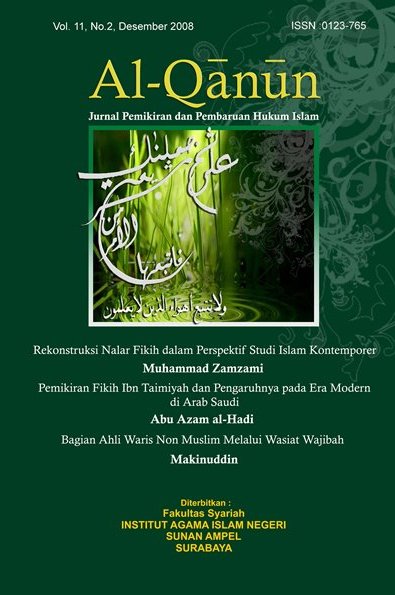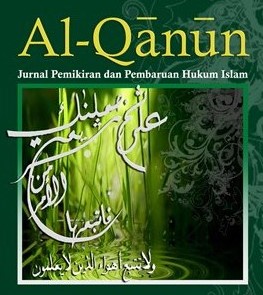Bagian Ahli Waris Non Muslim melalui Wasiat Wajibah
DOI:
https://doi.org/10.15642/alqanun.2008.11.2%20Des.462-479Keywords:
Waris, Keadilan, Wasiat WajibahAbstract
It has been a virtually consensus that the ultimate objective of Islamic law is justice and welfare. On top of that, the goal is compassion (rahmah). About this rahmah in Islamic law, this article is a significant case in point. It elaborates how children are denied from their inheritance rights merely because of difference in religion, and whether they are remain denied as long as they do not convert to Islam?Â
This article, which is presented as descriptive and analytical, is not intended to provide legal stratagem to circumvent the seemingly unfair inheritance rule, but to locate compromises between determinacy of law and justice of law. The two aspects are of importance in Islamic law. It concludes that non-Muslims heirs may become legitimate heirs through the mechanism of “wasiya wajibah†or obligatory bequeath. The conclusion is supported by normative arguments in Islamic law and empirical cases from Indonesian Supreme Court, such as case number 51 K / AG / 1999 that gave ruling that non-Muslims heirs have the same rights with their Muslims heirs using the aforementioned mechanism.





